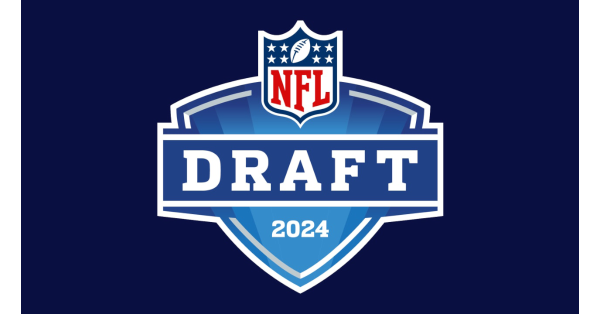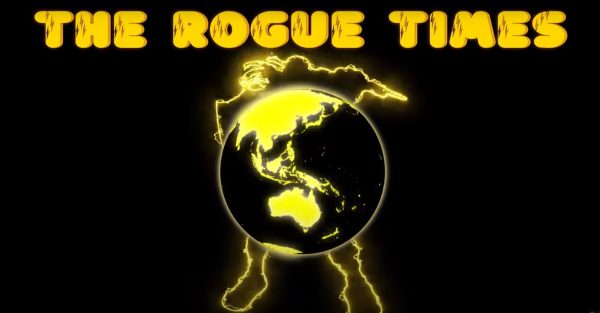Do I have to salute the American Flag?
On January 9, 1942 the West Virginia Board of Education put into effect a law that required students to salute the American Flag and recite the nation’s Pledge of Allegiance. Failure to comply would result in expulsion from school, a daily $50 fine, delinquency charges, and maybe even jail time for the parents . This was a major problem for one group of students in particular. They were Jehovah’s Witnesses and participating in the ritual would go against their beliefs opposing graven images and idol worship. The Jehovah’s Witnesses are required to follow the law of God, which they believe is superior to the law of government. The students claimed that the measure denied them the freedom of religion and of speech.
A similar case occurred in another district of West Virginia. In the Minersville School District v. Gobitis case, the court sided with the school district. The court ruled that public schools could force students to salute the American Flag and recite the Pledge of Allegiance regardless of their religious background.
Barnette’s case was brought before the the U.S. District court and the plaintiff won an injunction against the state of Virginia which demanded that the law excuse the Jehovah’s Witnesses of any wrong doing. In return, the school board appealed and the case went to the Supreme Court. Justice Robert H. Jackson delivered the ruling on June 14, 1943. The court ruled 6-3 in favor of Barnette and thus, upheld the First Amendment. The outcome of this case overruled the Minersville School District v. Gobitis decision and so schools in all states would no longer be able to force students to salute the flag.
Justice Robert Jackson wrote the Court’s opinion. ‘‘The very purpose of a Bill of Rights,’’ he contended, ‘‘was to withdraw certain subjects from the vicissitudes of political controversy, to place them beyond the reach of majorities and officials.





